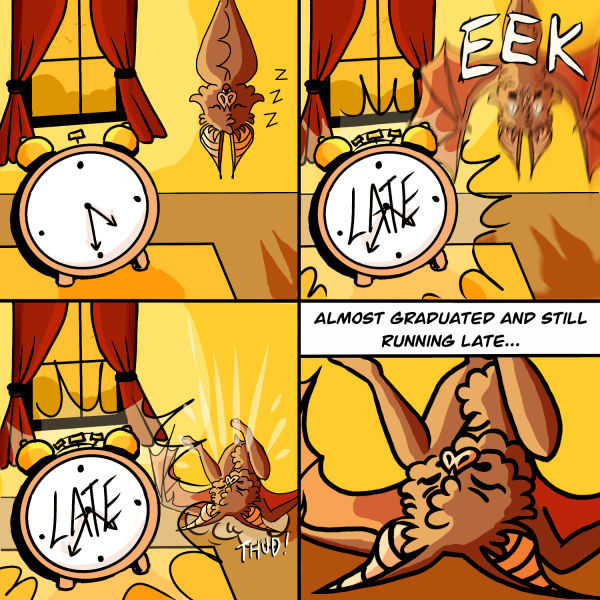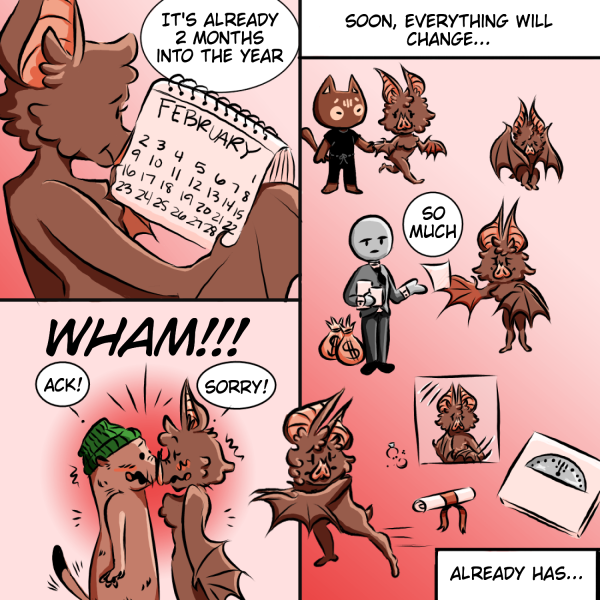OPINION: Labor shortage was necessary to increase campus dining wages
September 7, 2021
As a record-breaking freshmen class moved on campus, Campus Dining seems to be operating at record-low capacities. McAlister’s Deli and Cascades in Plemmons Student Union and McAlister’s Select in Trivette are units that are currently closed. Although there are several campus dining units open, many have limited hours. For example, Trivette closes at 7 p.m., which is arguably the prime time for dinner. River Street Cafe, in Roess, also closes at 7 p.m. and does not open on weekends. Because of the limited hours and the closing of popular units, food choices at App State are limited and align inconveniently with school and work schedules.
So, what can students attribute to Campus Dining’s limited operations? A lack of students willing to work with Campus Dining has made a huge impact on the staffing of each unit, and therefore its ability to open its doors and run for longer hours. Campus Dining is one of many food service employers experiencing a lack of employees in the United States.
According to the latest U.S Chamber of Commerce report, as of March, “… there were 8.1 million vacant job openings in the United States — a record high.” Many employers have recognized this staffing shortage as a call for higher wages, including big chain restaurants such as Chipotle. Chipotle has increased wages to an average of $11 to $15 an hour, while also offering benefits such as referral bonuses and avenues to grow within the company.
People in the workforce have begun taking risks and refusing to remain employees of companies that do not pay them acceptable wages, and businesses are beginning to feel those impacts through decreased operations. Campus Dining recognized this issue and began creating better working incentives for its student employees.
At the end of the spring 2021 semester, Campus Dining announced the starting wages for student employees was going from $7.75 an hour to $8.50 an hour. This upgrade evidently did not incentivize enough students to begin working with them at the start of the fall semester, which pushed Campus Dining to make another increase from $8.50 an hour to $10 an hour. Not only were hourly wages adjusted, but there are also more benefits such as premium pay, an extra $2 an hour during closing weeknight shifts, holidays and adverse weather conditions. Students are also given a free meal from their unit before, after or during their shifts.
The improved wages and perks for App State’s Campus Dining employees seemingly happened overnight, but it is crucial to remember that students who know what their labor is worth made these changes possible. It took a pandemic and a national employee shortage to go from a barely livable $7.75 an hour to $10 an hour with some perks. The people of the workforce will continue to raise their standards for employers in order to survive in an economy that is becoming increasingly harder to survive in. It is only right that employees fight for wages to increase at the same rate as the cost of living increases.
Nadine Jallal is a current employee with Campus Dining.












